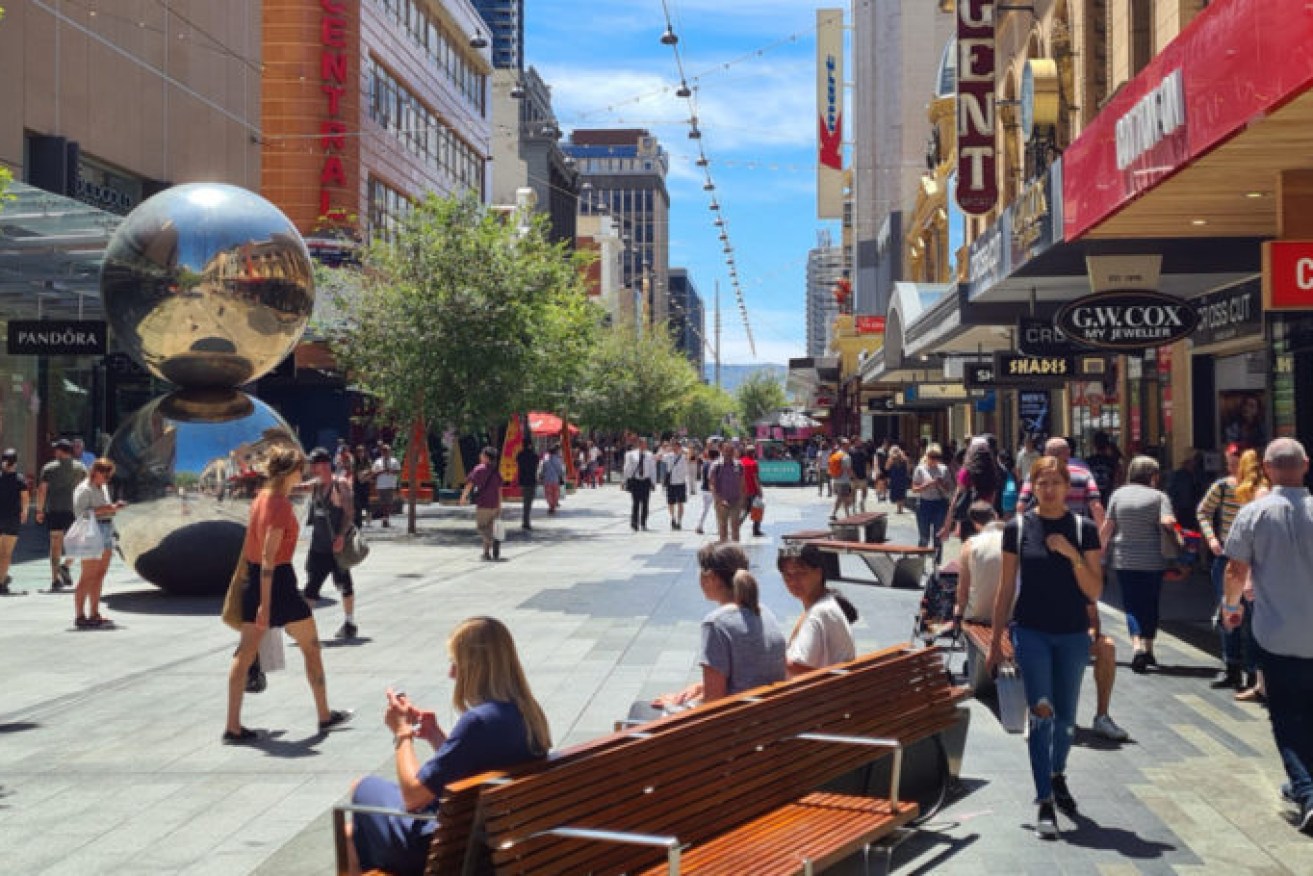According to Australian Bureau of Statistics data released this morning, the growth in November retail trade was the fourth-strongest monthly rise on record and lifted sales to their highest level ever at $33.4 billion.
The previous record for sales was set in November 2020.
“Further easing of COVID-19 restrictions in the southeastern states and territories has seen the retail industry recover all lost momentum caused by the Delta outbreak,” ABS director of quarterly economy wide statistics Ben James said.
However, separate data showed consumer confidence has fallen across Australia as a result of the rapid spread of the Omicron strain, potentially dampening the outlook for retail spending.
In the first release for 2022, the weekly ANZ-Roy Morgan consumer confidence index dropped 2.2 per cent compared to its pre-Christmas level – the last time the survey was conducted.
“The rapid rise of Omicron cases across Australia is likely responsible for the dampened outlook in the first week of January,” ANZ head of Australian economics David Plank said.
“Confidence fell in all the major capitals, with Adelaide faring the worst.”
Plank noted that in the decade from 2011 to 2020, consumer confidence had risen 2.6 per cent on average in the first survey in January.
“So this result is even weaker than it seems,” he said.
The survey found respondents are still relatively happy about their own financial circumstances.
The sub-index for views on ‘current financial conditions’ increased by 1.4 per cent, while ‘future financial conditions’ rose by 0.7 per cent.
“This potentially sets things up for a rapid rebound once people are more confident about health outcomes,” Plank said.
That said, views on ‘current economic conditions’ slumped 8.7 per cent to the lowest level since September last year when the economy was in contraction from having over half the population in lockdown.
The ABS also released international trade figures for November today, which showed the surplus shrank to $9.4 billion after a downwardly revised $10.8 billion in October,
Imports jumped six per cent, outpacing a two per cent increase in exports.
– AAP





